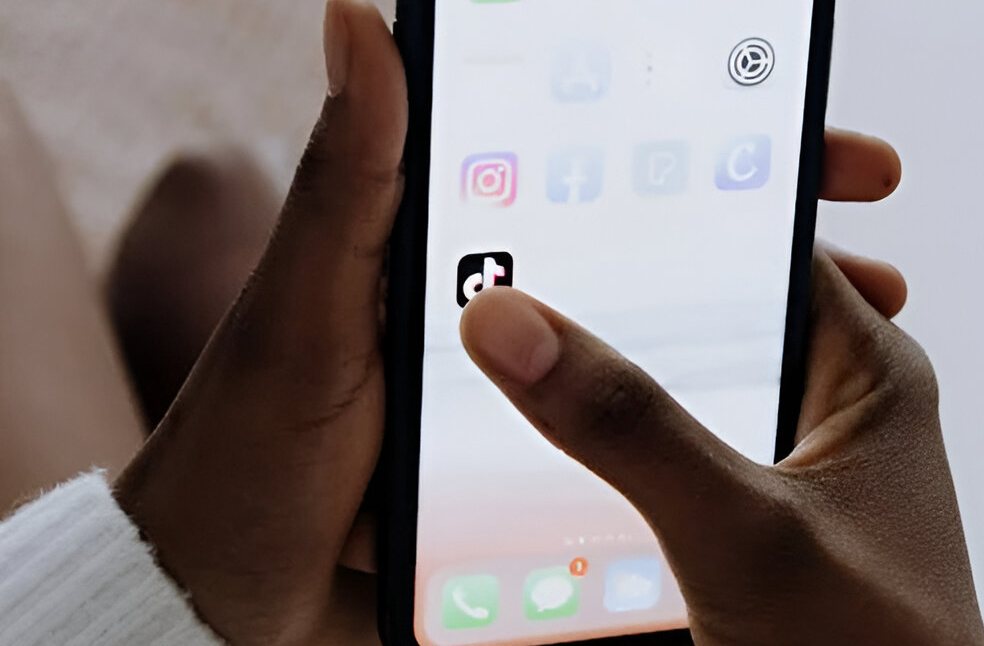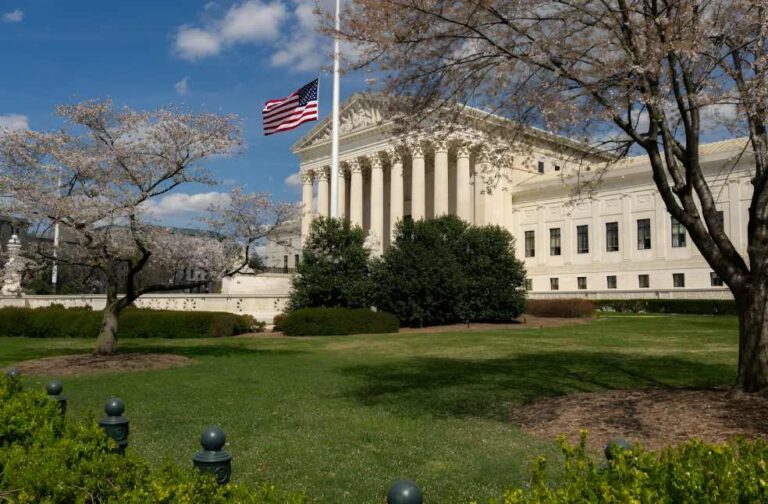United States: The US Supreme Court has agreed to hear legal arguments from TikTok and its parent company ByteDance as they fight to avoid a nationwide ban or forced sale in the United States. The case, set for January 10, comes just nine days before the ban takes effect.
The Biden administration has pushed for the ban, mentioning national security concerns over TikTok’s alleged ties to the Chinese government—claims that TikTok and ByteDance have repeatedly denied. Earlier in December, a federal appeals court supported the legislation enabling the ban, calling it “the culmination of extensive, bipartisan action by the Congress and by successive presidents.”
TikTok argues the ban breaks the US Constitution by violating the free speech rights of its 170 million American users. In a statement, the company expressed optimism about the Supreme Court’s decision to hear the case. A TikTok spokesperson stated that, “We believe the Court will find the TikTok ban unconstitutional so the over 170 million Americans on our platform can continue to exercise their free speech rights.”
Legal experts underline the clash between free speech and national security as central to the case. Carl Tobias, a law professor at the University of Richmond, noted that, “The appeals court found that national security was stronger than the First Amendment contentions. However, the Justices will scrutinize the potentially conflicting, but significant, values.”

Sarah Kreps, a professor at Cornell, advised it would be unlikely for the Supreme Court to overturn previous rulings and go against the stance of Congress and the White House. Sarah Kreps stated that, “The case has already gone through the executive branch, the legislative branch, and the lower court, all of which upheld the argument that TikTok’s ownership by China-based ByteDance poses a national security risk.”
Adding a political twist, former President Donald Trump has opposed the ban despite having supported one during his first term. Trump recently met TikTok CEO Shou Zi Chew at his Mar-a-Lago estate. Trump, set to return to office on January 20, a day after the ban deadline, declared TikTok played a role in his success with younger voters. Trump stated that, “I have a warm spot in my heart for TikTok, because I won youth by 34 points,” though exit polls indicated the majority of voters aged 18-29 supported his opponent, Kamala Harris.
Despite Trump’s comments, opposition to TikTok remains strong among senior Republicans. Senate Minority Leader Mitch McConnell pointed a brief urging the Supreme Court to reject TikTok’s appeal, labelling the company’s arguments “meritless and unsound.”
Civil liberties organisations, meanwhile, have rallied in support of TikTok, filing a joint statement urging the court to block the ban. They argue that the platform plays a vital role in enabling free expression, communication, and learning for millions of Americans.
As the January 10 hearing approaches, TikTok’s future hangs in the balance, with the Supreme Court set to decide on the destiny of one of the world’s most popular social media platforms.



